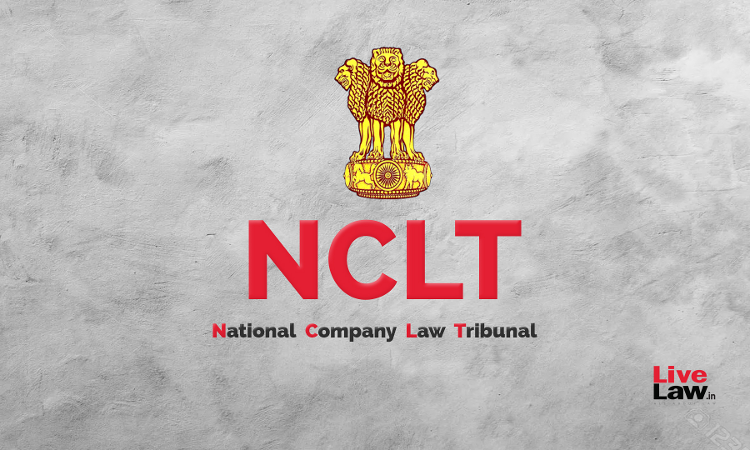NCLT Kolkata: Simultaneous CIRP Can Be Initiated Against Principal Borrower And Corporate Guarantor
Sachika Vij
2 Feb 2024 1:00 PM IST

Next Story
2 Feb 2024 1:00 PM IST
The National Company Law Tribunal ('NCLT') Kolkata comprising Smt. Bidisha Banerjee (Judicial Member) and Shri D. Arvind (Technical Member) held that a simultaneous Corporate Insolvency Resolution Process ('CIRP') can be initiated against Principal Borrower and Corporate Guarantor under the Insolvency and Bankruptcy Code, 2016 ('IBC'). Background Facts: Avani Projects...
